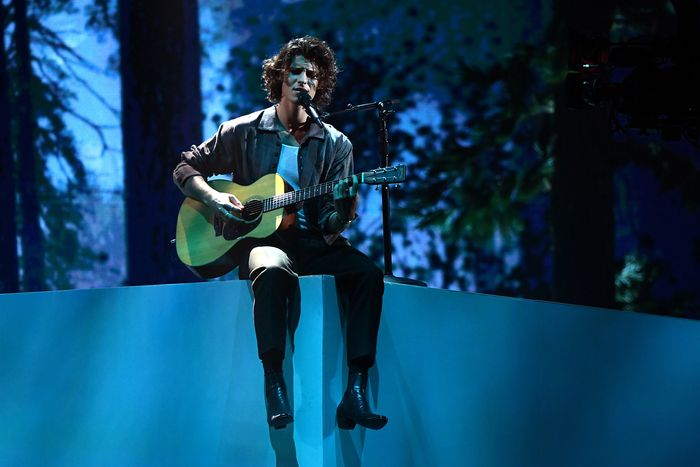According to a recent Rolling Stones article, A typical Spotify artist earned just over $12 per month. Well that 12$ will go far in a cafe for a day, but making a living off of streaming… well not unless you’re a top tier musician and that’s about just 1% of artists on the various streaming services. If you’re the rest of the 9.9 million artists on Spotify you are struggling to gain listers to justify your effort.
- Spotify paid the artists $0.0032 per stream
- Apple Music got the average rate of $0.0056
- Google Play Music landed a $0.0055 payout rate
- Deezer fell slightly lower at $0.00436
And on the higher end, 13,000 musicians catalogs earned a respectable $50,000 per year out of the 10 Million artists trying to earn from this revenue stream. Needless to say, artists are looking for additional revenue streams or a totally different concept to keep their lights on.
One company looking to disrupt this space is a crypto startup NFTtone . By allowing artists to upload special releases of their music, samples, or any audio stream and publishing it on their Music NFT marketplace. Fans and the community of the artist can purchase this limited asset using TONE’s crypto currency, hold it, resell it or otherwise treat the limited or a one of a kind asset as an investment.
Imagine being the exclusive owner of the first 10 seconds to a David Guetta song, or the rift to your favorite artist… bragging rights here are far beyond that of a traditional punk NFT. Getting the idea?.
The artist on the other hand can earn in one day what would take them months to acquire the listenership on any streaming network to earn the equivalent, and this was the NFTtone purpose.
“I know there are a lot of people who create great music that never gets heard, art that can provide us with great experiences and trigger intense emotions. I intend to change this.” NFTtone CEO, John Modahl.
Live concerts
Remember that last concert you went to and bought the band’s swag t-shirt for 50$ , how proud did you feel walking around with it, and how happy was the band that it was selling merch.
Take this same concept and roll it into an NFT.. Love the song you just heard the band play, instead of buying a hat that will end up being buried with the other tshirts, eventually making its way out for the occasional Netflix and chill.
Fans will scan the Qr Code of the songs or rifts being offered from the concert, and purchase the limited series of that song. Once sold out, other fans will have to then offer the current owners a price they are willing to part with it for..
So that hat… right.. Cool.. but .. not as cool as a collection of limited series NFT’s from live concerts.
Still questioning the value of the music NFT? People are still buying ticket stubs, you can still buy
1985 Live Aid Concert ticket, featuring QUEEN U2, Sting-Elton John for nearly $2000!
Yes, like NFT’s, old ticket stubs are limited in number, but unlike NFT’s you can’t do much with them other than frame it.
An NFT of that concert would be a track, an intro, a moment of time captured on the smartchain, that you own, hold or trade and play. Getting the picture now?
NFTtone is in the process of signing multiple deals with well known artists, while at the same time, updating and releasing their new marketplace.
One thing is for certain, NFT’s was a 7 billion dollar market last year on just images, music NFT’s should catapult this number to record numbers and be a real use case while creating equity within the music marketplace.
You can learn more about NFTtone at NFTtone.io.
